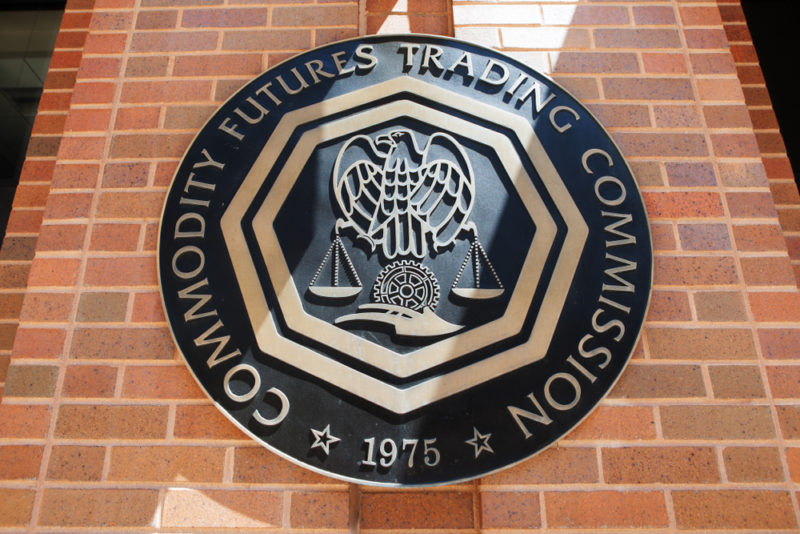The public consultations for new regulations for Italian crypto firms in Italy have already concluded.
Interested parties met with the Ministry of Economy and Finance and shared their suggestions and comments on a draft decree that is introducing registration and reporting requirements in the sector.
The new set of rules would be implemented within three months of adoption.
The ministerial decree has been made to “explore and understand the various aspects of the virtual currency phenomenon.”
The legal document, geared at applying Italy’s updated and “strengthened” anti-money laundering laws, was released by MEF’s Treasury Department on February 2. Interested parties were given two weeks to convey their opinions and propose amendments.
In May 2017, the Italian government handed down another decree mandating “service providers related to the use of virtual currency”, such as exchanges, to fulfill their duties to avert money laundering and illicit crypto transactions.
The new document introduces more responsibilities for crypto firms such as having to report their activities regularly to the Finance Ministry.
The text of the proposed decree explains that although cryptocurrency is used as a “means of exchange for the purchase of goods and services,” it is not given by a central bank or other public authority. The disclaimer also says that cryptos are “not necessarily connected to a currency that is a legal tender”.
The new notification regime would also apply to commercial companies that are accepting cryptocurrency payments for goods, services and utilities. The Ministry wants to conduct a “systematic survey” beginning with seeing the number of operators in the sector. Upon starting the activity, every firm should register with the Italian Agency of Intermediaries OAM in order to operate legally in the country.
The Department of the Treasury has already finished an initial assessment of the technical specifications for the register, the Ministry of Finance relayed in a press release.
Its implementation is a response to the need to deeply understand the new phenomenon and its dimensions, shared Roberto Ciciani, Head of the General Directorate for Prevention of Financial Crimes.
Regulators point out that the amended Italian legal framework would comply with the latest EU Anti-Money Laundering Directive – 5MLD, which introduces more stringent rules to guard against financial misconducts.
The use of bitcoin and other cryptocurrencies by individuals remains for the most part, unregulated in Italy. However, a legislation requiring identification of parties in crypto transactions has been introduced in the parliament.

 Business5 days ago
Business5 days ago
 Bitcoin3 days ago
Bitcoin3 days ago
